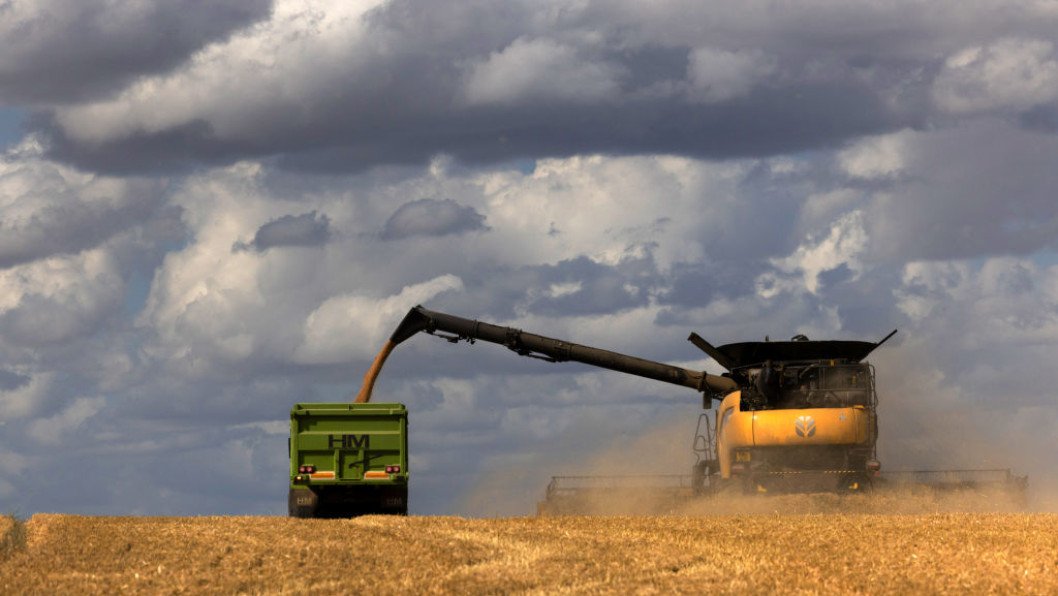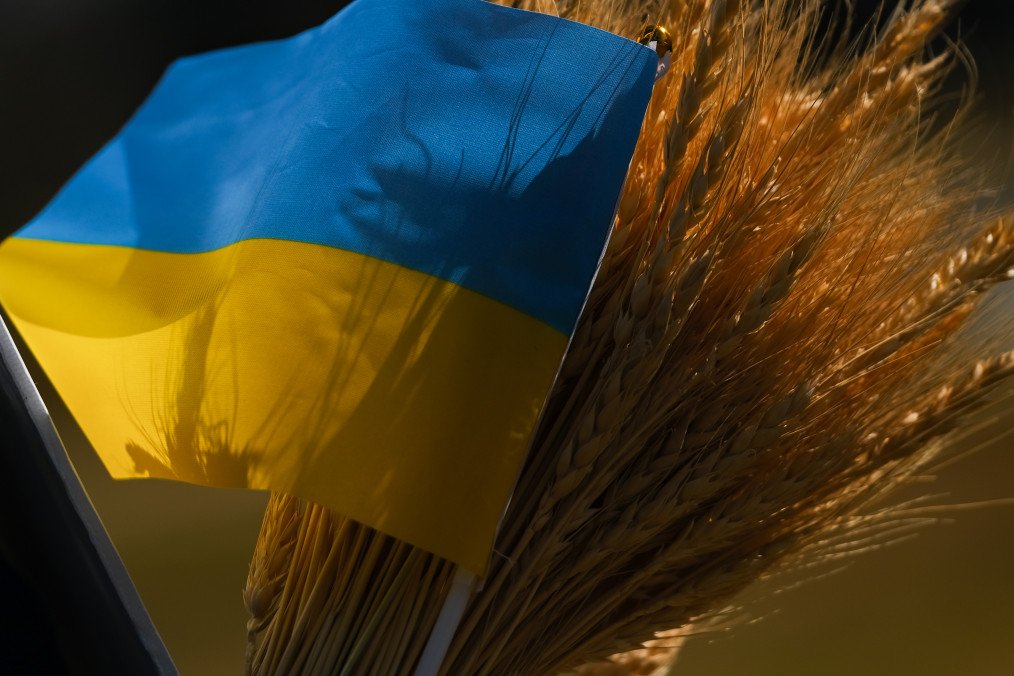The European Union is preparing to reintroduce steep tariffs on Ukrainian imports in the coming weeks, a move that could deliver a significant blow to Ukraine’s war-time economy as it continues to resist Russian aggression, according to a report by Financial Times on March 14.
The planned changes would abruptly end special trade arrangements introduced in 2022 that allowed most Ukrainian goods to enter the EU duty-free.
The decision, driven in large part by Poland’s lobbying on behalf of EU farmers, marks a sharp reversal of earlier wartime solidarity.
EU diplomats told the FT that the bloc’s new “transitional measures” will drastically reduce tariff-free quotas for Ukrainian agricultural exports — including corn, poultry, sugar, and honey — while the EU and Ukraine renegotiate their broader free trade deal. The current arrangement expires June 6.

The tariff-free regime, initially enacted in response to Russia’s full-scale invasion, applied to low-cost Ukrainian poultry, wheat, and sugar, much of which was shipped through EU countries en route to Africa and Asia. However, backlash quickly followed, with farmers and politicians in Poland, France, and other EU states accusing Ukrainian imports of driving down domestic prices.
In Poland, the issue became politically explosive. Successive governments imposed unilateral bans on Ukrainian grain imports — violating EU trade rules — and, ahead of the May 18 presidential election, Warsaw reportedly pressured the European Commission to delay controversial trade negotiations with Kyiv to avoid boosting the nationalist opposition candidate, Karol Nawrocki.
A European Commission spokesperson confirmed that the temporary duty-free regime will not be renewed: “We are currently working on the review of the EU-Ukraine free trade agreement.”
-5fc43140e32ea4248830409754662fa7.jpg)
The spokesperson added that the Commission is also considering “possible transitional measures” in case talks are not finalized by the June 6 deadline.
However, early versions of those measures, recently circulated among EU member states, propose sharp monthly quotas on Ukrainian imports — a system that would significantly curtail access to the EU market during negotiations.
According to EU diplomats, the quota for Ukrainian corn is expected to drop from 4.7 million tons per year to just 650,000. Poultry would fall from 57,000 tons to 40,000, and sugar from 109,000 to 40,700.
“This is a really bad signal for Ukraine,” said Bernd Lange, chair of the European Parliament’s trade committee. “It will take at least until October to find a solution.” Lange’s committee is set to question Commission officials about the stalled negotiations this week.

Ukraine’s government estimates that reverting to pre-war trade conditions would slash its annual revenues by almost $4 billion.
“It’s a huge step back,” said Mykhailo Bno-Airiian, trade representative for Ukraine’s Federation of Employers. “What we see now is a lack of understanding.”
He also warned that unpredictable trade rules could devastate key sectors of Ukraine’s economy. “The business is specific — poultry and sugar are sold fresh. You will be out of the market,” he said.
Earlier, reports emerged that Ukraine’s agricultural sector suffered significant losses, estimated at approximately $80 billion, due to Russia’s ongoing war. This figure includes both direct and indirect damages.




-5c046892336e809095181703f36c6c6e.png)


-c439b7bd9030ecf9d5a4287dc361ba31.jpg)

